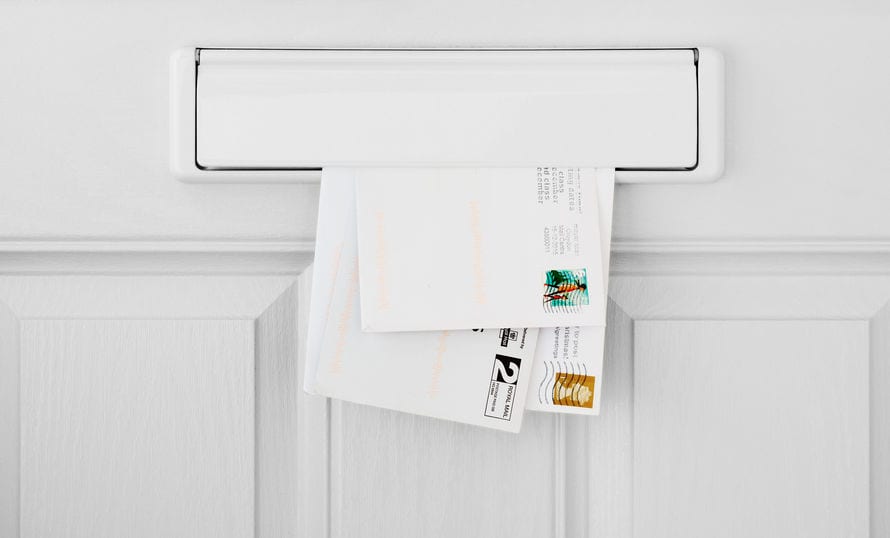Following an IRS audit, you’ll receive a 30-day letter or 90-day letter detailing proposed tax changes and next steps. A 30-day and 90-day letter from the IRS mean two very different things.
This post reviews the differences between the two post-audit letters and how to respond to each.
What Is an IRS 30-Day Letter?
A 30-day letter from the IRS is an official statement informing the taxpayer of an existing deficiency with their tax payments following a tax audit. In a nutshell, a 30-day letter is an official communication from the IRS informing you that you underpaid your taxes. The letter outlines how much you owe the IRS and the next steps to pay your taxes or appeal the assessment findings. You must respond to the 30-day letter within 30 days from the date you received it, hence the name “30-day letter.”
When Will the IRS Send a 30-Day Letter?
The IRS sends a 30-day letter if they believe you didn’t pay your taxes in full following an audit. If the IRS finds a deficiency in your returns, it sends the letter a few weeks after concluding the audit.
Generally, the IRS sends the following after finding a deficiency in your returns:
- The IRS 30-day letter is also known as Pre-Assessment letter, Notice for Acceptance or Appeal, or CP22E.
- A statement detailing the auditor’s proposed changes.
- A copy of IRS Publication 5 that explains the steps to pay your taxes.
- An agreement form or waiver.
Once you receive the letter, you can decide to either accept the IRS report findings or dispute the proposed changes.
How Should You Respond to an IRS 30-Day Letter?
As mentioned before, you have 30 days to respond to the IRS 30-day letter from the date provided in the notice. The letter explains the courses of action to take depending on whether you agree with the IRS or wish to dispute the adjustments.
The following are two specific ways to respond to the IRS 30-day letter:
- Accept Proposed Changes: If you agree with the adjustments the IRS proposes, sign the consent page and mail it with your tax payment to the IRS.
- Dispute Proposed Changes: If you disagree with what the IRS is proposing, dispute the findings. Submit documents/evidence that support your argument to the IRS via mail or fax.
What Is an IRS 90-Day Letter?
If you fail to respond to the IRS 30-day letter, the IRS sends you a 90-day letter or Notice of Deficiency and Increase in Tax. A 90-day letter, also referred to as the IRS Notice CP2319A, is an additional notice informing you of the extra taxes you owe the IRS. It also includes the penalties and interest that have accrued.
When Will the IRS Send a 90-Day Letter?
The IRS sends the 90-day letter if you didn’t respond to the 30-day letter or if you failed to adequately address the audit findings outlined in the 30-day letter. However, sometimes the IRS sends the 90-day letter in error. If you believe you addressed the audit findings completely but still received the 90-day letter, contact the IRS immediately to discuss.
How Should You Respond to an IRS 90-Day Letter?
You have 90 days to respond to the IRS 90-day letter within the US or 150 days if you’re in another country.
The following are the two ways to respond to the IRS 90-day letter:
- Accept Findings: If you won’t dispute the contents of the 90-day letter, then responding is less complex. You simply send the IRS a check to pay for the additional taxes, including interest and penalties.
- Dispute Findings: If you want to dispute the audit findings in the IRS 90-day letter, you have 90 days to file your appeal with the Tax Court.
What Happens If You Don’t Respond to an IRS 90-Day Letter?
The 90-day or 150-day period is a deadline required by law and the IRS cannot give you more time. Failure to respond to the IRS 90-day letter has significant consequences. Typically, if you ignore this letter, the IRS will end the audit and start the collections process.
An IRS 90-day letter is serious. As discussed above, you have 90 days to file an audit appeal with the Tax Court. A successful appeal usually requires help from someone with IRS and audit expertise.
How Can Wiztax Help?
If you received an IRS audit letter, Wiztax can help. Call us today at (866) 568-4593 to learn more about how we can help with your IRS audit.
Or start here to take our free online evaluation.
6 Simple Questions. Free Evaluation.
Join our Newsletter
Enter your email address to join our free newsletter. Get all the latest news and updates.

